Like a Dragon: Pirate Yakuza in Hawaii – Lost in Paradise
It would be tempting to classify Like a Dragon: Pirate Yakuza in Hawaii as a standalone excursion, an exuberant escapade with no real substance or significance. And yet, one would be wise not to overlook this. At the center of this game, there is a story that begs to be uncovered. Of course, it is over the top, and absurd. But therein lies the beauty. This previously mentioned absurdity becomes crucial because it anchors something true real, and unfiltered. It is amazing how much someone can navigate an entirely new world using nothing but a grin, and pure instinct.
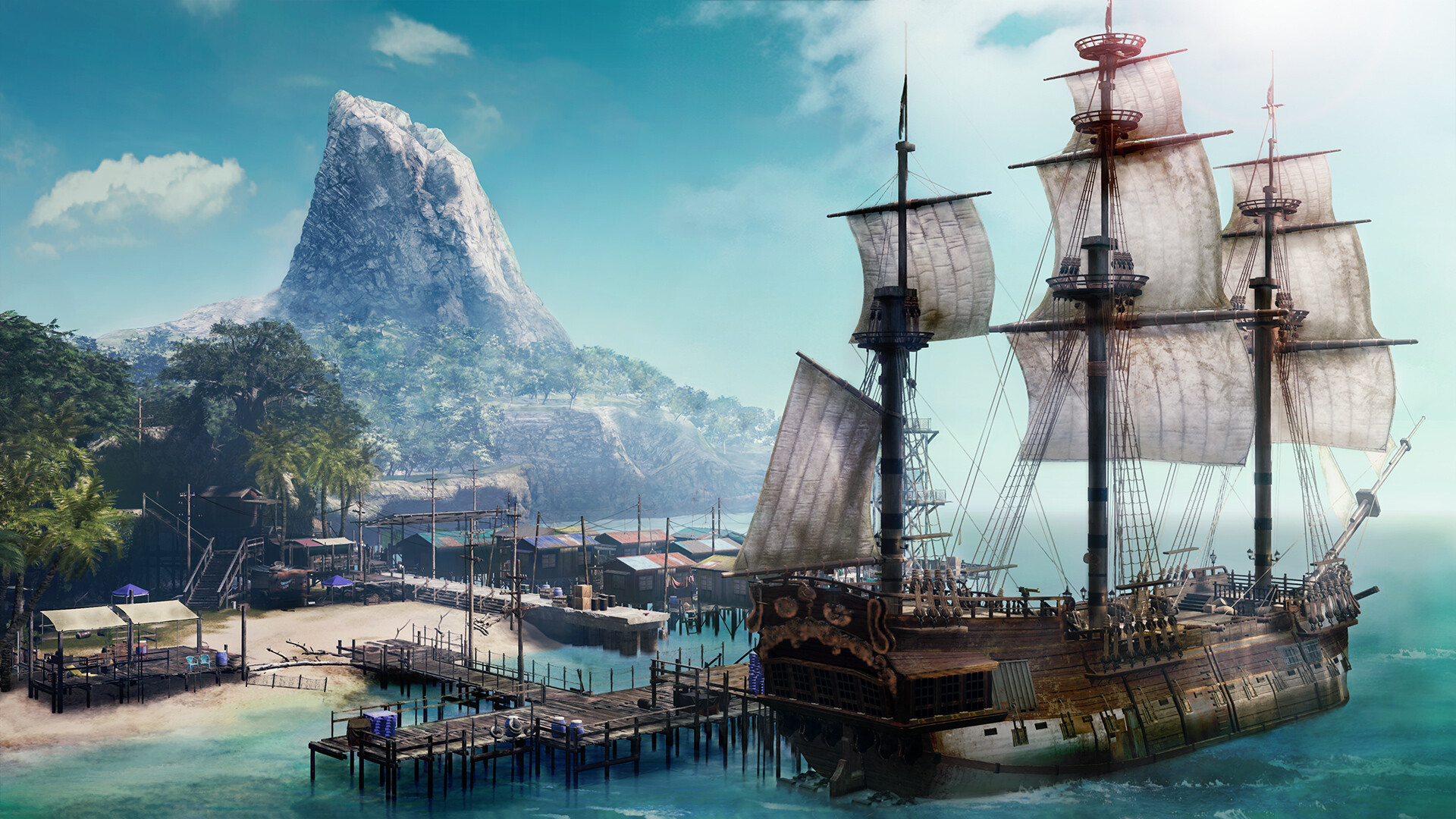
Like a Dragon: Pirate Yakuza in Hawaii is a game about transformation. It is redefining what freedom entails; Majima doing more than just pretending to me a pirate in the game world. But, what lies beneath undoing everything and claiming something for oneself? The balance to that freedom is a heavy price, one dealt with by fuzzy outlines of an invasive past.
Is there a fee you're willing to pay?
Like a Dragon: Pirate Yakuza in Hawaii is A Swashbuckling Digital Paradise.
The Hawaiian sun has you forgetting that you're holding a controller while playing Like a Dragon: Pirate Yakuza in Hawaii due to the stunning pixelated waves that act as a distraction. This isn't merely a game; it's an entire vibe. In this new paradigm shift, gameplay comes in the form of a chaotic, over-the-top, treasure-hunting, karaoke-screaming, fashion-forward vibe. To be honest, I’m here for it. Unlike other Yakuza sequels, this is a groundbreaking journey into a world where rules don't exist, the tropical-themed clothes are unreasonably loud, and the manners and attitudes are limitless.
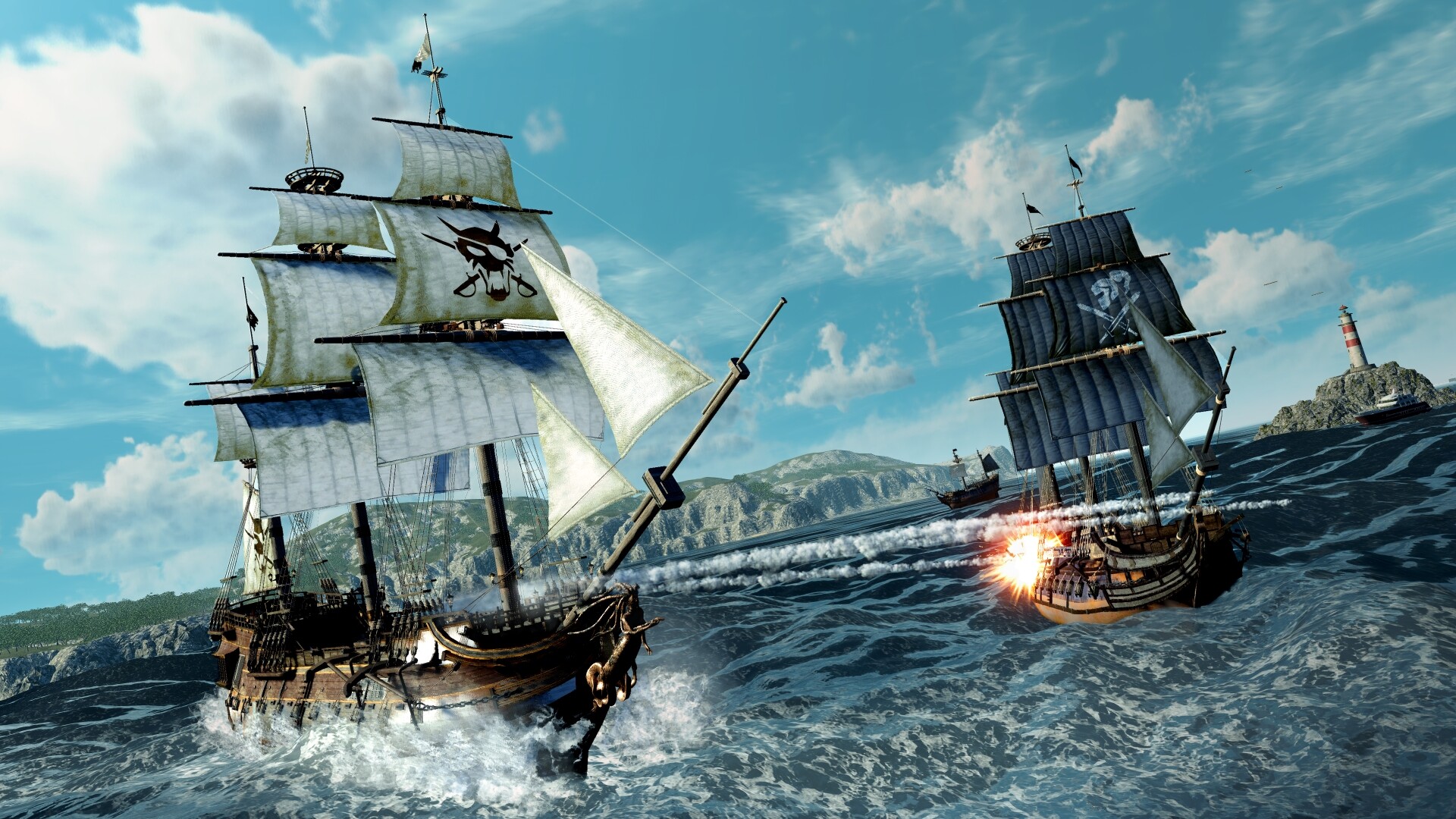
Let’s get one thing straight: Pirate Yakuza in Hawaii doesn't aspire to be Yakuza 8. Yakuza 8 has no clue what is a burden, be it Kiryu's legacy or Ichiban's dragon quest. This is a spin-off and knows exactly what it is running from. Even so, it's the most alive the series has ever felt throughout the years. It definitely is a love letter paying tribute to the mere absurdity that the Yakuza universe comes with alongside a sun-bathed playground where the risk is little but the pleasure happens to be on eleven.
A Shorter Story, But a Bigger World
While the main story is shorter in comparison to the average Yakuza epic and the protagonist's amnesia feels like a narrative device meant to bypass the franchise's history-laden past, it works. The amnesia is not simply a narrative device—it is a way to encourage exploration. It beckons one to rebuild and rediscover the fragments of history. You're not just playing as a pirate; rather, you're sculpting a mythical tale.
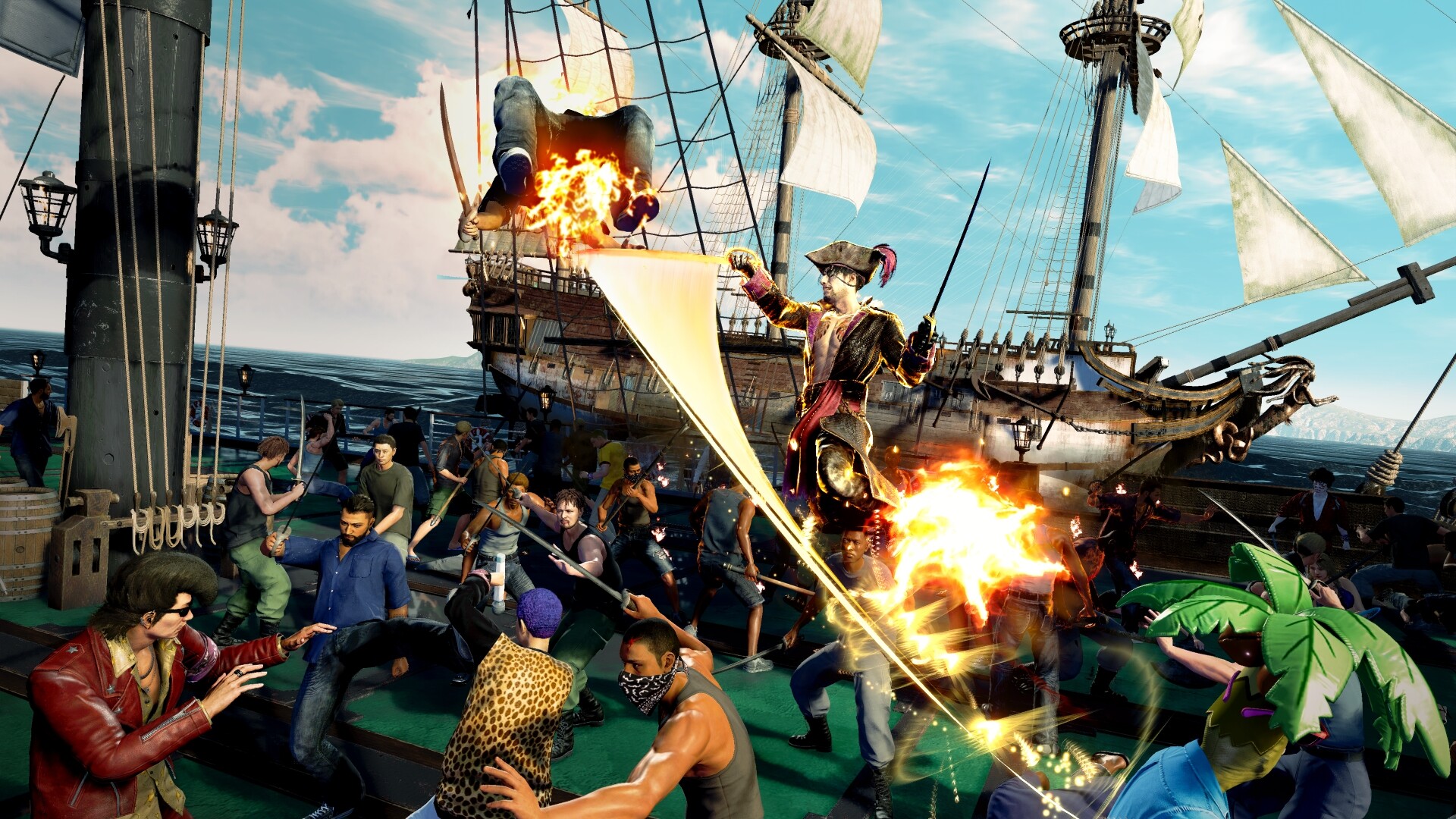
Of course, the shorter timeline allows for much better pacing. There is no filler or unnecessary exposition. Every single mission is packed to the brim with purpose, be it treasure hunting, ship battling or even figuring out the reason behind the local taproom having a karaoke machine that exclusively plays 80s power ballads. The absence of familiar faces does sting, but the vibrant, quirky, whimsically Hawaiian cast does make it worth it. These characters do not seek to replace the old guard; rather, the old guard serves to remind players that the Yakuza universe is far grander than any single character.
Sway With the Surf and Sun With Your Swagger
When talking about Honolulu, the area is a character in itself. It’s a sprawling golden-grade digital paradise. Simultaneously glamourous and gritty. High-end boutiques and backwood dive bars that serve dart challenges while blasting reggae Baka Mitai remixes in folk. Honolulu has it all.

Attention to detail is just one of the city's staggering feats. Each street feels alive, every corner has a new adventure, and the world around is bursting with raw, unadulterated personality. The karaoke bars allow you to belt out every karaoke staple, while Tiki shops support map hoarders. It’s remarkable. Every mini-game feels like an integral aspect of life and not a distraction in the world of wonder. Crazy Delivery Contest multitasking abilities. As most everything needs doing, Dragon Kart races are as chaotic as ever with pirate-themed activities identifying a refreshing challenge.
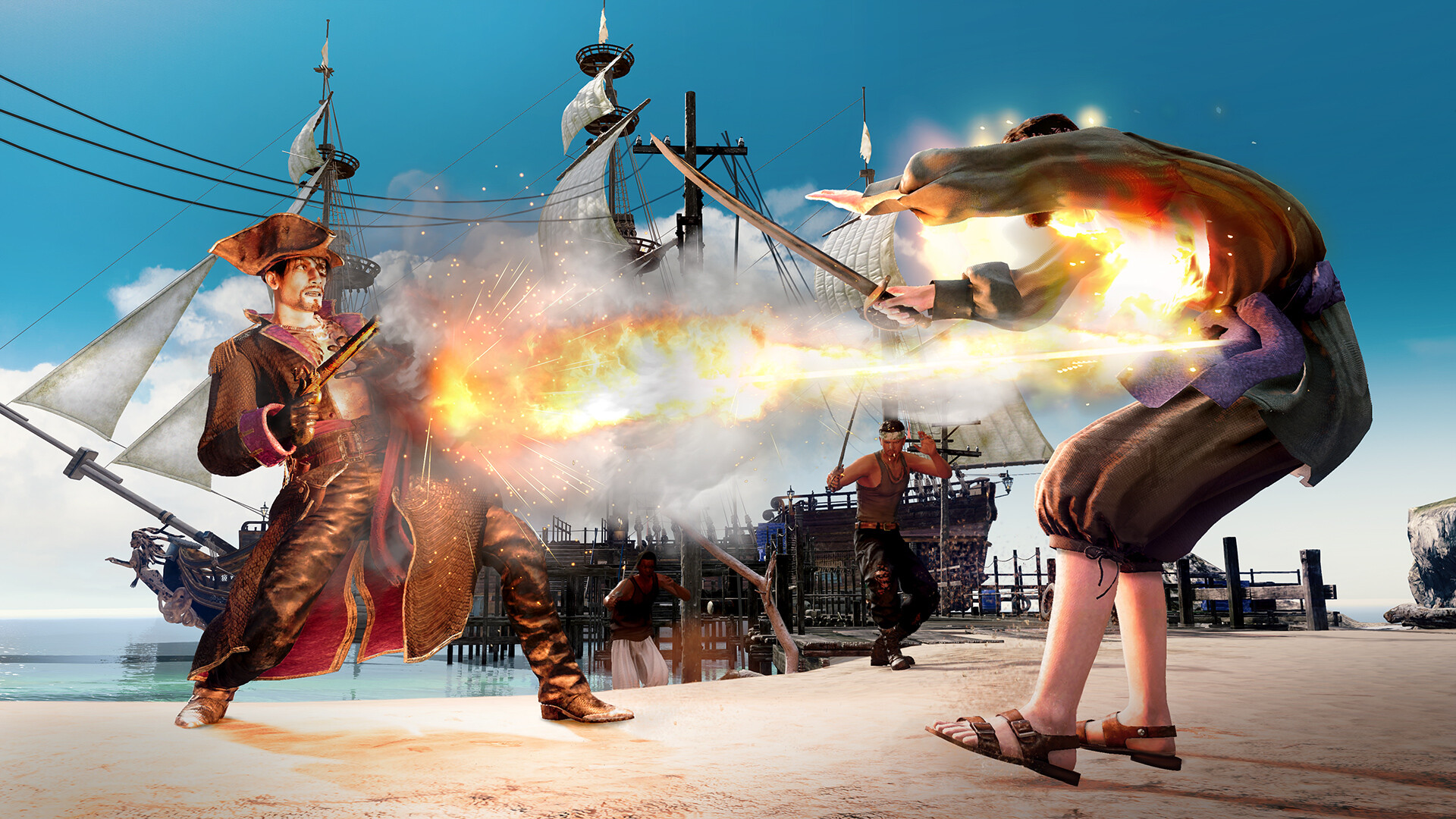
Most important, in my opinion, and I am a fair player who always buys cheap PS4 games when has the chance, is the ship management. Delving deeper into the game's core mechanics reveals that building and enhancing the crew you command is not merely optional—it is central to the experience. Each new recruit is an achievement in itself, earned after thoroughly scouring the island's every crevice. The sense of becoming an unrivaled ruler of the seas is inescapable when the ship is loaded to the teeth with cannons ready for action, and the crew stands primed to unleash hell.
On Yakuza Combat
There is merit in discussing the bold integration of battles in the open world of Yakuza. Around these parts of the Yakuza-esque journey remains notable; for the most part, it works. With battles that start out pacing themselves, to encounters that feel almost soothing, the sail becomes a chore with a reward system incentivizing trivial tasks. As cannon shots become puzzles to be solved, the game feels almost relaxing. The further you delve through the battle system, Seasoned players who seek mental stimulation will find increasingly hectic, multi-layered showdowns as they progress through the game. To continue winning and ascend to the rank of legend, you will have to outmaneuver other players in management, ship upgrades, and nuanced naval tactics.

A lot of things consider the later battles to be particularly long and drawn out. Personally, I often had the feeling I wished there was a fast-travel option, or at the very least, a way to ease the travel time between islands. Regardless, I have to admit that the sheer scale of such encounters held my attention. Watching your ship crest a wave, cannons blasting, and firearms going off, only to take down a rival pirate crew is nothing short of mind-blowing.
If Hawaii had Pirate Yakuza, then the game’s love letter would for sure be Goro Majima. I’d argue that this title is an ode to the Dog of Shimano and** his chaotic unyielding force. Goro absolutely steals the show, no pun intended. Be it in his construction majima attire leading his crew, or just causing random chaos at local festivals. This old place is indeed chaotic, and Majima is the one making all of it stick together.
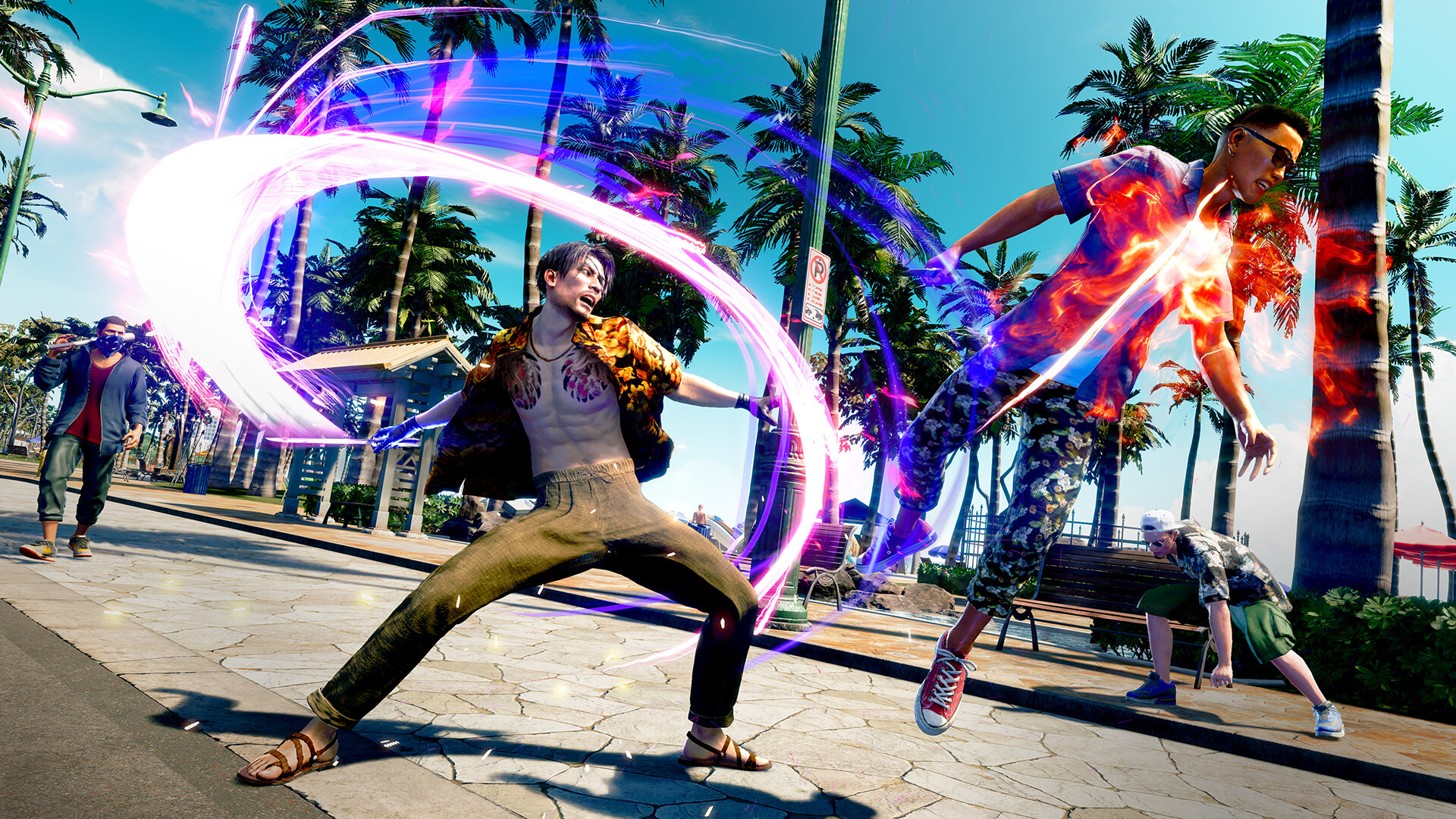
Majima might be grabbing all the attention, but there are other people who shine just as much. Everyone and new character captured my attention, and I must say, the added zest of the story made all the difference. There is a vibe of togetherness, a feeling of unity that is quite different from building a crew, instead they feel like a family.
Should You Play It?
Absolutely. Like a Dragon: Pirate Yakuza in Hawaii is a bountiful hyperbolic content game that offers a Yakuza-like experience. Striding around the gun-trimmed shores of Hawaii allows a player to partake in a plethora of unique activities. One can go from uncovering hidden treasures, belting out karaoke classics, or just embellishing oneself with a myriad of outfits. It is an utterly digital paradise as stated by the gamer himself. The game is not bound to just pixels and codes; it pushes its users into a bountiful hyperbolic content game where alone striding around the gun-trimmed shores of Hawaii allows a player to partake in a plethora of unique activities.